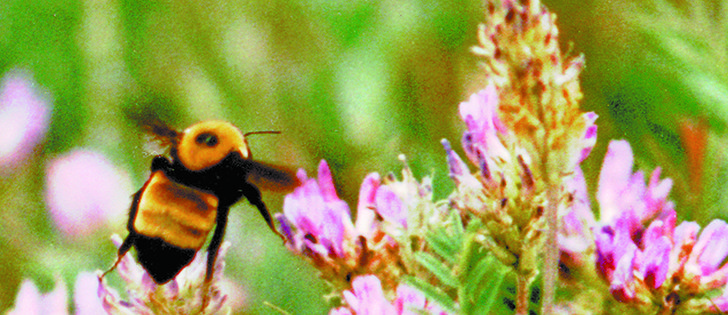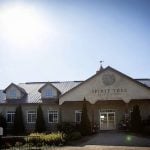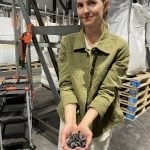Growers fear yield losses | Neonicotinoids have been blamed on bee deaths and may be banned
Grain Farmers of Ontario is campaigning to preserve insecticide seed treatments after taking a collaborative approach for several months.
The organization sent out postcards to its members in July asking farmers to contact their MP or MPP to stop a potential ban of neonicotinoids in Ontario.
The campaign is a response to efforts by the Ontario Beekeepers Association and environmental groups to persuade the Ontario government to ban neonicotinoids, a class of insecticides primarily used as a seed treatment on corn, soybeans and canola.
Read Also

VIDEO: The Western Producer Markets Desk crop outlook for 2025
Watch this video for a 10-minute update of Prairie crop conditions and markets. Bruce Burnett, a weather and market analyst…
Neonicotinoids have been implicated in the deaths of thousands of bees across Ontario. Last year, the federal Pest Management Regulatory Agency determined that insecticide-laden dust from corn planters was primarily responsible for bee losses.
John Cowan, GFO’s vice-president of strategic operations, said many stressors are responsible for bee losses, which is why the organization is campaigning for a science based policy on neonics.
“Canada has a great reputation in the world as a science based regulatory system and the PMRA is respected around the world,” Cowan said.
“We think it’s important that we continue to have a science based regulatory system and we need to wait for the scientific results of what the problem is and how we go about fixing it.”
Cowan said his organization is lobbying to prevent a ban because growers could potentially lose three to 20 bushels per acre to insect pressure without neonics.
Bees have become a hot topic in Ontario in the last 15 months. Some media outlets and politicians have repeatedly commented on the issue, and it was a central topic at the recent federal-provincial agriculture ministers meeting.
Cowan said a ban is possible, given the media and political focus on neonics.
“Yes (it) is because there is a lot of emotion when it comes to the topic,” he said.
“The word ‘chemical’ solicits a lot of emotion.”
Dan Davidson, a corn grower in Watford, Ont., who is also president of the Ontario Beekeepers Association, said he supports policy based on science.
Nonetheless, he said that if GFO wants public policy grounded in facts, it should also consider research showing that insecticidal seed treatments do not preserve yields.
“If the neonics need to be banned, according to science and research, then (purported) yield benefits need to be proven by science,” he said.
“The trials that have been conducted have not shown significant yield advantages.”
Purdue University entomologists held field trials on corn seed treatments in 2011 and 2012 to measure yield benefits and found no statistically measurable yield gain from neonicotinoid seed treatments.
One possible approach might be to allow growers to use seed treatments only in years when insects are a serious threat to crops.
GFO has asked the Ontario agriculture ministry to look into that question.
“If we actually knew where we needed them and if there are some cases we didn’t need them, farmers are businessmen and they’d have no problem (reducing) their input costs,” Cowan said.
Davidson said it’s reasonable to study more efficient ways to use insecticidal seed treatments. In the meantime, the Ontario government should ban the products.
“We obviously need a science based decision … but there has to be some practicality to this,” he said.
“The simple numbers of samples that PMRA took, of dead bees, in the last two years show considerable poisoning by neonics…. We can’t let this get researched for years while our bees are dying.”


















